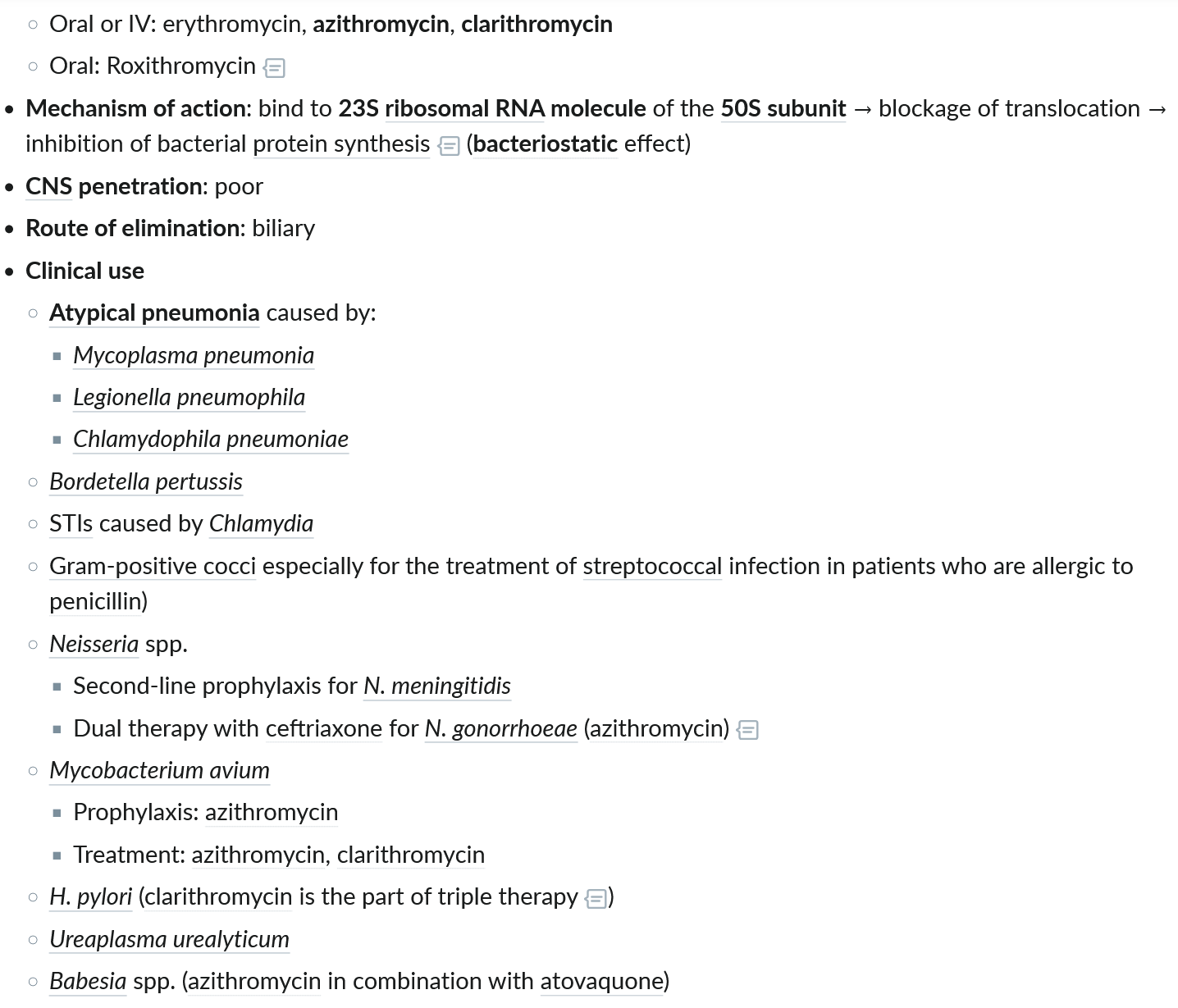I worked as a scribe and as an ER tech in a Level 1 peds hospital. I’m not even done with med school and I’ve already punched that card more times than I care to remember.
- 2 Posts
- 127 Comments
I’ve played Judo, and I’m a licensed EMT, and I’ve worked in ERs, and I’m a third year medical student. I am quite confident in telling you that you are incorrect. Modern safety standards make it so that the seatbelt locks in a crash and limits your longitudinal inertia. Also, many dummies (and actual humans I have cared for) have “hit their head wrong” on the headrest due to their height, posture, or position, and they don’t break their necks. Did their scalenes, paraspinal muscles, and sternocleidomastoids hurt like hell? Absolutely. But they didn’t have broken necks.
Your body can compensate for a lot, but it was the introduction of headrests in cars that has been one of the biggest contributors to the drastic reduction in fatalities. The point of the headrest is the same as the seatbelt: to limit the range of motion your body goes through in a crash. Seatbelt signs and headrest concussions are real things that can cause some pretty significant problems, but those problems are easier to fix when the patient isn’t dead or quadriplegic.
Whiplash is from your head moving more than your neck can compensate for. The headrests are designed to prevent excessive backwards movement of your head to help your neck not get completely over-extended. Heads are actually quite heavy and there are a lot of very important things inside the neck that you don’t want getting fucked up be getting jerked around too much. The muscles in your neck can only do so much in a high-velocity situation like a crash.

 8·13 days ago
8·13 days agoYou have to be very careful about “filtering” as well. It becomes far too easy to write off a legitimate concern if it has to pass muster with your “filter” before you consider it. The HPI and subjective portions of a note are explicitly for the things the patient (or their caretaker) tells you. It is subjective. Then you do your objective examination and testing, then you make an assessment, and if you can justify that assessment with the testing and history, then you can make a plan. SOAP notes go in that order for a reason.

 161·13 days ago
161·13 days agoThat doesn’t mean you ignore them. You listen to what they’re saying, maybe take it with a grain of salt, and actually get a good history and physical.

 341·13 days ago
341·13 days agoStories like this make me very glad that I got my pediatric experience in a good children’s hospital before starting medical school. The attending physicians made sure to drill it into everyone’s heads that if the parent is expressing concern about a change in condition or “something just not being right”, you report that to the patient’s physician and nurse ASAP. Everyone from the physicians down to the admin folks were empowered to challenge decisions they thought weren’t in the patient’s best interest.
Hell, I even had a case where, as the ER tech, I challenged a physician on her diagnosis of a child and refused to let her discharge the kiddo without looking at him again. The mom told me something was wrong, and even with just an EMT license, I was able to see something was subtly wrong as well. It turns out the mom and I were right and the physician changed her diagnosis and admitted him to the hospital for treatment instead of discharging him home to follow up in clinic in a couple days.
Generative AI like ChatGPT is absolutely useless for anything besides maybe making summaries. Humans use language as a default method of communication, and if you are trying to produce academic work, the onus is on you to learn how to use language effectively. These heaps of algorithms and marketing exclusively hallucinate and plagiarize, both of which are absolutely unacceptable in academia (and should be unacceptable in society at large, in my opinion.)
Tell me you haven’t reviewed classmates’ papers without telling me you haven’t reviewed classmates’ papers.
Some of the papers I’ve read from my classmates make me wonder how they got out of high school, let alone into university or (!!) medical school. There are a lot of people who cannot write decently to save their lives that are still somehow in academia.
I thought the point was to be better than Hamas? Of course they mistreat detainees, but that doesn’t mean Israel gets a blank check to do the same. Also, many of the Palestinians currently being held by Israel without charges in indefinite detention are innocent civilians, including many from the West Bank. Israel has been illegally detaining and mistreating thousands upon thousands of Palestinians without any kind of due process or concern for human rights for decades. Pointing a finger at Hamas and saying “Look! They’re doing it too!! October 7th!!1!!” is not a valid argument for how Israel has been treating captive Palestinians for years.
The way that Hamas treats Palestinians is partially the responsibility of Netanyahu and the Likud given that they provided Hamas with material support to take power in the first place. Also, the fact that Israelis stormed an IDF base in protest of the punishment of IDF thugs that anally raped innocent Palestinians to death with rifles tells me a lot about what Israel thinks of all Palestinians, not just the ones that are actually part of Hamas.
Edit: Here’s an article describing the way the IDF treats doctors and paramedics. (Who are not members of Hamas) https://www.democracynow.org/2024/8/27/hrw_report
Also, I have a very strong suspicion that the medication you have on hand is Azithromycin (because very few medications come in blister packs), so here’s a list of infections that a Z-pak is good for:

If it’s not on this list (like pretty much any gram negative, anaerobic, or gram positive with resistant features like MRSA, among others) I wouldn’t count on the Z-pak actually being useful.
The article you listed reads more like preliminary research more than anything else, and aside from medical school, I have done research into drug expiration on my own given that I have multiple complex health problems and I need to know how long I can count on my medication being effective if I needed to stockpile it. My background education in organic and general chemistry tell me that the two biggest concerns are humidity and temperature. You can also get information from the drug manufacturers about storage recommendations and cautions about efficacy following improper storage. If humidity or extreme temperatures (like where I live in Minnesota) come into play, the guidelines get a lot more fuzzy.
Also noted in there, a concern with antibiotics in particular is, that while they will retain some efficacy, the diminished effects over time can lead to more problems with resistance, and that can become important in a single individual depending on their colonization status and how often they end up needing to use the antibiotics.
Don’t get me wrong, keeping a stockpile of medications is important (I’m trying to build up a buffer that I cycle out for some of my more critical medications) but it has to be done with cognizance and awareness of the pitfalls of such a practice. Personally, I would not trust my life to medication that has been expired for more than about 3 years if it is at all avoidable which is why I cycle my stockpile each time I get a refill. (i.e. putting the new meds in the storage container and taking the ones that were in there so that the storage is never more than a couple months old) I’m on a couple medications that stopping them suddenly for even a few days has the potential to put me in the hospital if not end up being lethal depending on the severity of the withdrawal.
As someone who works in medicine, I would just caution you to take that with a grain of salt, especially since they repeatedly mention the storage of said medications. Not all pill bottles are airtight, and if you keep them somewhere that isn’t always less than 75 degrees Fahrenheit or so, I wouldn’t trust them more than a year past the expiration date. Note also, when they say “cool, dark place” that is not accounting for freezing temperatures which can also mess with the medications.
All this to say: if you have emergency medications, cycle them out with new ones as often as possible, and store them in airtight containers in a climate controlled area of your house.
Make sure the antibiotics don’t expire. Most of them just become useless when they expire, but Tetracycline becomes poisonous when it expires. Also, not all antibiotics are good for all infections, so make sure the ones you have are useful for the kinds of infections you anticipate.

 10·22 days ago
10·22 days agoExcept that the sentencing keeps getting postponed.

 1·22 days ago
1·22 days agoThat’s the thing though…I think it is part of their due diligence to know what’s going on in their own business. If they can’t guarantee that it’s safe, they shouldn’t release it.

 1·22 days ago
1·22 days agoThe c-suites have the ultimate power and therefore ultimate responsibility for whatever happens in their organization. Similar to how parents can be held criminally liable for their children’s actions. It’s just that much more incentive for them to make sure things are in order in their organization.
Also, Citizen’s United ruled that corporations are people, so they can be held to the same standards of responsibility as other people.

 4·22 days ago
4·22 days agoI think the threshold for proving the “reasonable person” standard for companies should be extremely low. They are a complex organization that is supposed to have internal checks and reviews, so it should be very difficult for them to squirm out of liability. The C-suite should be first on the list for criminal liability so that they have a vested interest in ensuring that their products are actually safe.

 3·22 days ago
3·22 days agoI’d accept that if the makers of the self-driving cars can be tried for vehicular manslaughter the same way a human would be. Humans carry civil and criminal liability, and at the moment, the companies that produce these things only have nominal civil liability. If Musk can go to prison for his self-driving cars killing people the same way a regular driver would, I’d be willing to lower the standard.





I was very grateful that none of the cadavers we had at my medical school were John/Jane Does, and that we have a memorial service for the cadavers every year and invite the families to express gratitude.